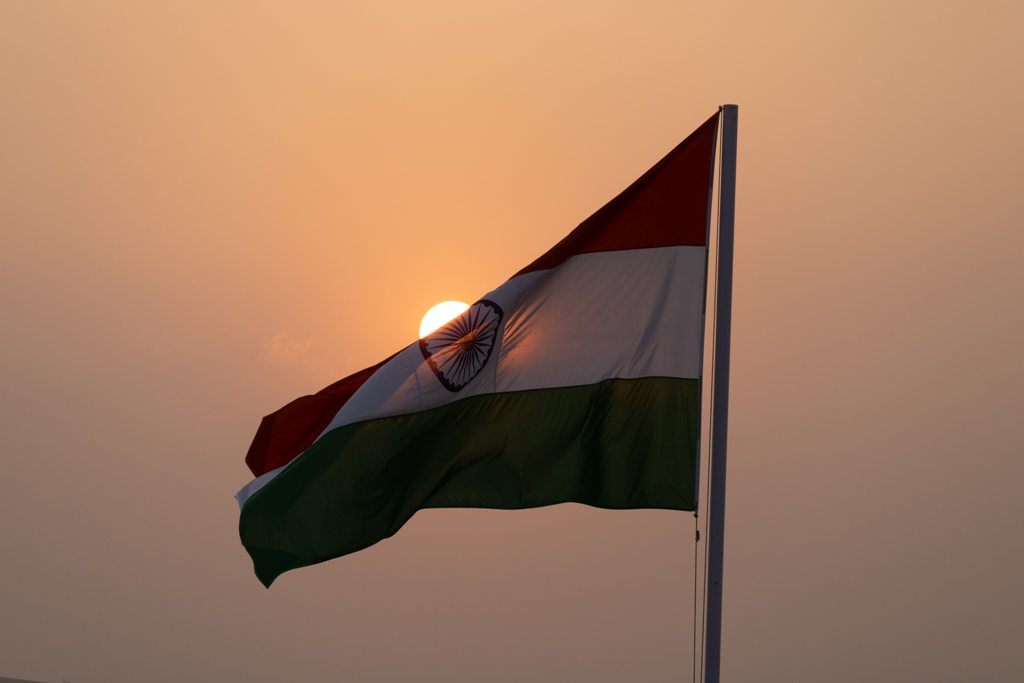SC holds: Sole proprietorship will fall under international commercial arbitration if the proprietor is a habitual resident of a foreign country, notwithstanding that the proprietary concern is carrying on business through a business office in India
In the case of Amway India v. Ravindranath Rao and another., the Supreme Court set aside the order of Delhi High Court where it was held that since the central management and control of this association or body of individuals is exercised only in India under Section 2(1)(f)(iii), the dispute is not an international commercial arbitration, as a result of which the High Court has jurisdiction under Section 11(6) to appoint an arbitrator.
The SC while holding that the Delhi High Court had no jurisdiction to appoint an arbitrator in the facts of this case, laid down the following:
“Indeed, an analysis of Section 2(1)(f) would show that whatever be the transaction between the parties, if it happens to be entered into between persons, at least one of whom is either a foreign national, or habitually resident in, any country other than India; or by a body corporate which is incorporated in any country other than India; or by the Government of a foreign country, the arbitration becomes an international commercial arbitration notwithstanding the fact that the individual, body corporate, or government of a foreign country referred to in Section 2(1)(f) carry on business in India through a business office in India.”







Leave a Reply